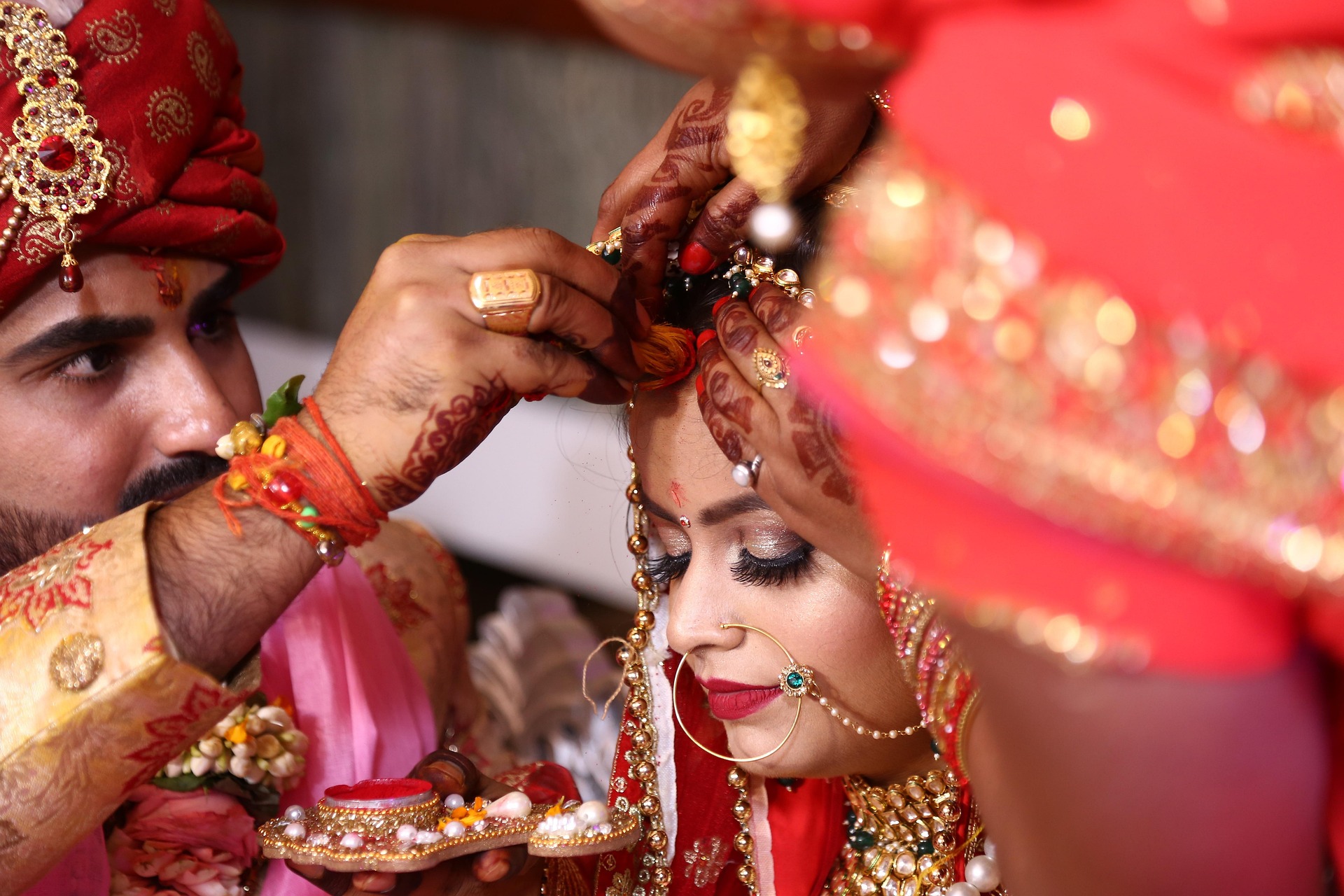Court Marriage Process in India: A Simple Guide
Court marriage is a legal way for couples to marry without following the traditional religious rituals. In India, court marriage is governed by two major acts: the Special Marriage Act, 1954 and the Hindu Marriage Act, 1955, depending on the religion of the couple. But the general process for court marriage is largely similar. Let’s break it down in simple, human-friendly language:

Step 1: Eligibility Check
Before applying for court marriage, both partners need to meet the following criteria:
- Age Criteria:
- For women: At least 18 years old.
- For men: At least 21 years old.
- Mental Soundness:
Both individuals should be mentally sound and capable of understanding the nature of marriage. - Consent:
Both parties must give their free and voluntary consent to the marriage. Forced marriages are not allowed. - No Close Blood Relation:
The couple should not be closely related (like siblings or cousins).
Step 2: Document Collection
To begin the marriage process, both parties need to gather some documents. Here’s a list of what’s usually required:
- Application Form:
The couple needs to fill out the application form available at the local marriage registrar office. - Proof of Age:
- Birth certificate
- School leaving certificate
- Passport, or any other valid age proof document.
- Proof of Address:
Any government-issued ID (like an Aadhaar card, voter ID, passport) to prove that you are a resident of the jurisdiction where you’re filing the application. - Photographs:
A few passport-sized photos of both parties. - Affidavit of Marriage:
An affidavit from both parties confirming that:- They are not related.
- They are of legal age.
- They are entering the marriage of their own free will.
- Witnesses:
Two witnesses (friends, relatives, or anyone who knows the couple) who will sign the marriage application.
Step 3: Filing the Application
The couple needs to submit their application form along with the required documents to the local marriage registrar office. The office is usually located in the district or sub-district courts, or specific marriage registration offices in big cities.
Step 4: Notice of Intended Marriage
Once the application is submitted, the registrar will issue a Notice of Intended Marriage, which will be displayed publicly for 30 days. This gives an opportunity for anyone to object if they have a valid reason (like one of the parties already being married, or being underage).
- If no objections are raised within 30 days, the process moves forward. If any objection is raised, the registrar will review it.
Step 5: Marriage Ceremony
After the 30-day period is over, both parties and their witnesses need to appear before the marriage registrar. Here, the marriage is solemnized in the presence of the registrar, and the following happens:
- The couple and their witnesses sign the marriage certificate.
- The registrar officially declares the couple as legally married.
Step 6: Receiving the Marriage Certificate
After the marriage is solemnized, the couple will receive the Marriage Certificate, which serves as the legal proof of marriage. This certificate is crucial for various legal matters, including name change, inheritance rights, or immigration issues.
Important Things to Keep in Mind
- No Religious Ceremony:
Court marriage doesn’t require any religious rituals, making it ideal for interfaith or intercaste couples. - Timing:
The entire process can take anywhere from 30 days to a few months, depending on the jurisdiction and any complications that arise. - Legal Validity:
The marriage is legally valid even if you do not perform a traditional ceremony. It’s recognized by all government bodies and holds the same weight as a religious marriage. - Marriage Registration Fees:
The fees for court marriage are minimal, typically around ₹100-₹500, but this may vary by state or city.
Pros of Court Marriage
- Legally Recognized:
The marriage is recognized by the law, and couples get a certificate that holds weight in legal matters. - Simple and Transparent:
The procedure is simple, and there are no complex rituals or hidden costs. - Privacy:
Court marriages are private and don’t require a public ceremony, which can be a benefit for those who prefer a quiet, low-key event. - No Interference from Families:
In cases where families are not supportive, court marriages provide a way for couples to marry legally without interference.
Conclusion:
Court marriage in India offers a simple, legal, and hassle-free way for couples to tie the knot. It’s particularly ideal for those who prefer a straightforward process, want to avoid the complexities of traditional weddings, or belong to different religions or communities. The process is transparent, and the marriage is legally valid, with no need for religious ceremonies. However, depending on the social and family environment, court marriages can sometimes face opposition.